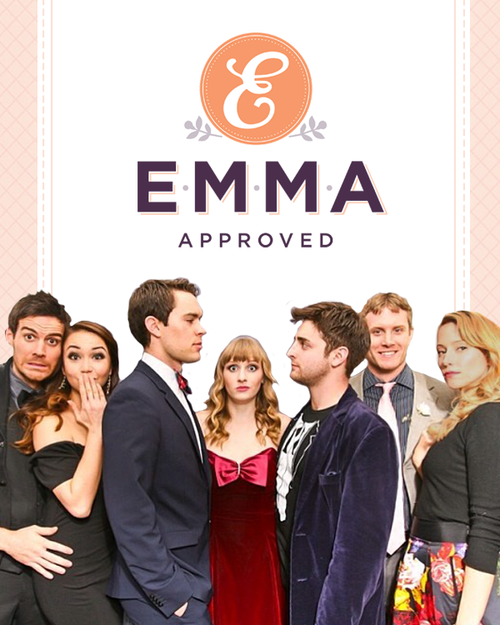It’s not what you read; it’s how you use it. I’m wondering if Shelley or Austen is
trying to make this point in her book. I think I could use some of the
characters and their applications of different types of knowledge to argue the
point. I’m not sure which book I would like to write about so I did a little
brainstorming of ideas.
In my last
blog post I said “Shelley doesn’t seem to be questioning what types of books to
read but rather- what will one use that knowledge for? To go on a great
adventure? To produce something good or terrible? To understand the self? The
question is not whether to read this or that but how one will use or apply that
knowledge in their life.”
Michelle
mentioned that this might be a good paper topic to explore with Frankenstein or
Northanger Abbey so I’ve written out a few ideas about how characters use their
different types of knowledge in different ways- forming relationships, exerting
power, doing certain tasks, etc.
Northanger Abbey
·
Catherine
o
Using novels to bond with friends such as Isabella
o
Using novels and storytelling to bond with Tilney
o
Her imagination from novels gets her into trouble at Northanger
Abbey
There
is a lot of discussion about whether novels are useful or not and good or not
for education. Catherine has examples of ways in which her application of
knowledge from novels was applied to her benefit and to her misfortune.
·
Tilney
o
Uses education to woo Catherine
o
He also uses it to educate her and occasionally tease her
·
Thorpe
o
Uses his education to put others down and make himself feel
superior
o
Disdains Catherine’s reading of novels
While
Tilney and Thorpe may both be educated in a more formal way than Catherine, they
exhibit this knowledge differently towards her and one is clearly more
successful as a suitor through his application of education than the other.
Frankenstein
·
Victor
o
Gets formal education but uses it to create something unnatural
and then abandons that creation
·
The creature
o
Uses books to try and understand human nature, emotions, language,
etc.
o
Repeatedly uses this knowledge to try and make a friend or
companion
·
Walton
o
Uses knowledge from voyage books to go on an actual voyage





